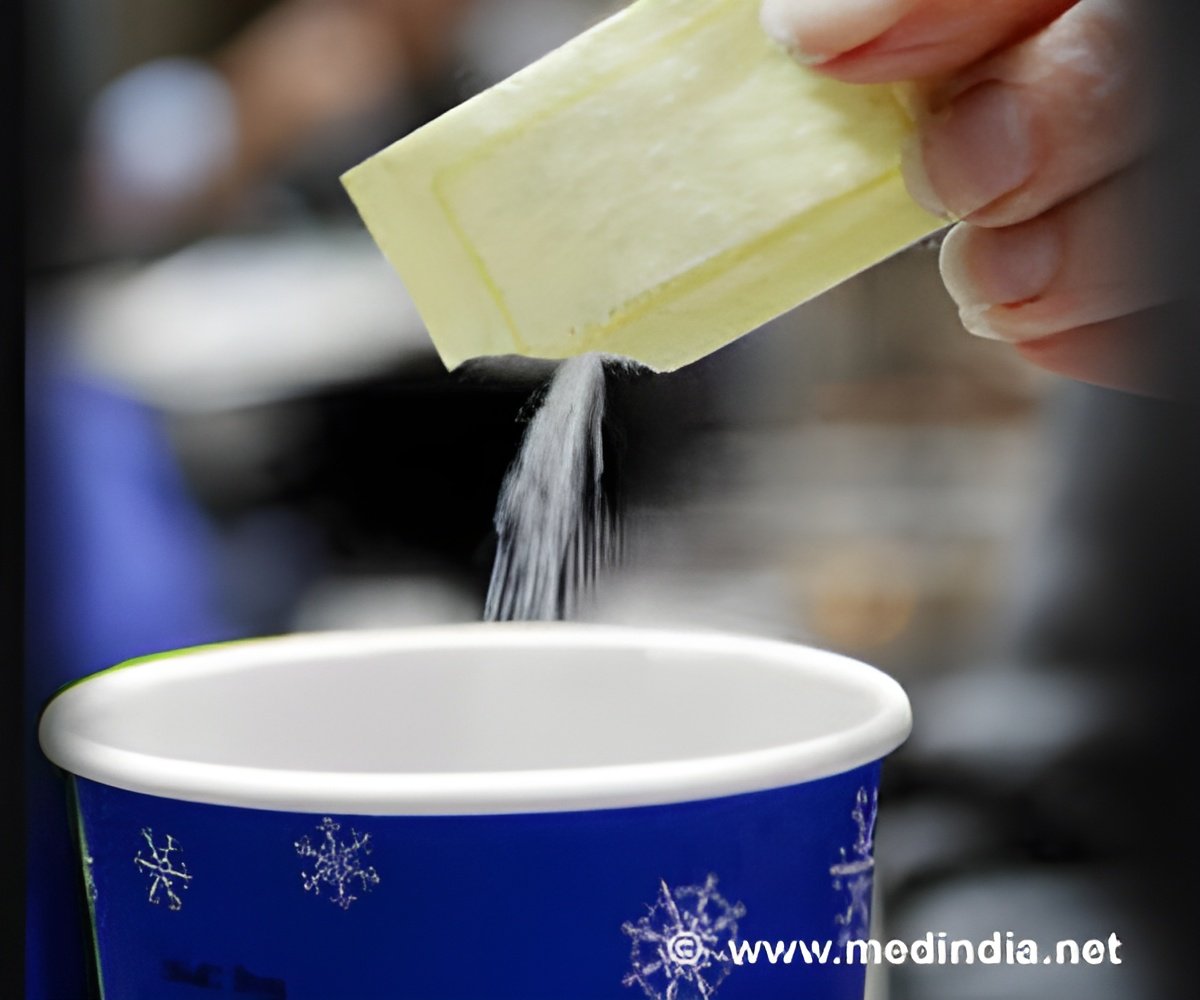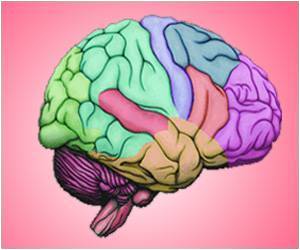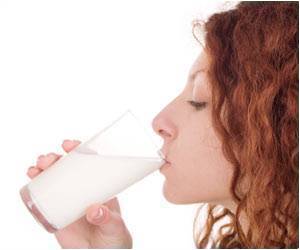
For years researchers have been puzzling over the fact that non-caloric artificial sweeteners do not seem to assist in weight loss, and some studies have suggested they may even have an opposite effect. Graduate student Jotham Suez in Elinav's lab, who led the study, collaborated with graduate students Tal Korem and David Zeevi in Segal's lab and Gili Zilberman-Shapira in Elinav's lab in discovering that artificial sweeteners, even though they do not contain sugar, nonetheless have a direct effect on the body's ability to utilize glucose. Glucose intolerance – generally thought to occur when the body cannot cope with large amounts of sugar in the diet – is the first step on the path to metabolic syndrome and adult-onset diabetes.
The scientists gave mice water laced with the three most commonly used artificial sweeteners – in the equivalent amounts to those permitted by the FDA. These mice developed glucose intolerance, as compared to mice that drank water, or even sugar water. Repeating the experiment with different types of mice and different doses of the sweeteners produced the same results – these substances were somehow inducing glucose intolerance.
Next, the researchers investigated a hypothesis that the gut microbiota are involved in this phenomenon. They thought the bacteria might do this by reacting to new substances like artificial sweeteners, which the body itself may not recognize as "food." Indeed, artificial sweeteners are not absorbed in the gastrointestinal tract, but in passing through they encounter trillions of the bacteria in the gut microbiota.
The researchers treated mice with antibiotics to eradicate many of their gut bacteria; this resulted in a full reversal of the artificial sweeteners' effects on glucose metabolism. Next, they transferred the microbiota from mice that consumed artificial sweeteners to 'germ-free' mice – resulting in a complete transmission of the glucose intolerance into the recipient mice. This, in itself, was conclusive proof that changes to the gut bacteria are directly responsible for the harmful effects to their host's metabolism.
The group even found that incubating the microbiota outside the body, together with artificial sweeteners, was sufficient to induce glucose intolerance in the sterile mice. A detailed characterization of the microbiota in these mice revealed profound changes to their bacterial populations, including new microbial functions that are known to infer a propensity to obesity, diabetes and complications of these problems in both mice and humans.
Advertisement
Source-Eurekalert















